JUST IN: Presidential Task Force on IUU Fishing & Seafood Fraud releases action plan
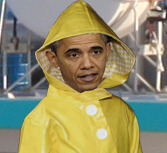 Today, March 15th, the Presidential Task Force on Illegal, Unreported, and Unregulated (IUU) Fishing and Seafood Fraud, co-chaired by the Departments of Commerce and State, released its action plan. This plan articulates the aggressive steps that federal agencies will take both domestically and internationally to implement the recommendations the Task Force made in December 2014. Read the release here 11:14
Today, March 15th, the Presidential Task Force on Illegal, Unreported, and Unregulated (IUU) Fishing and Seafood Fraud, co-chaired by the Departments of Commerce and State, released its action plan. This plan articulates the aggressive steps that federal agencies will take both domestically and internationally to implement the recommendations the Task Force made in December 2014. Read the release here 11:14

































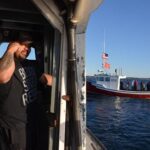



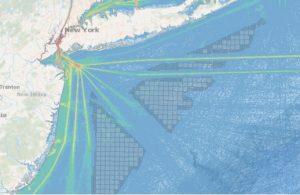
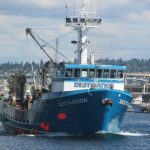
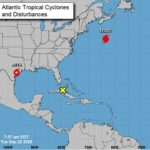
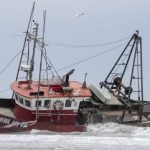

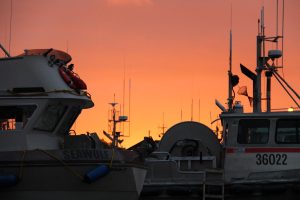
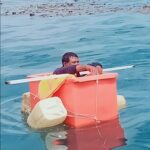
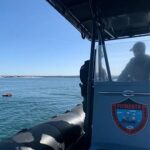
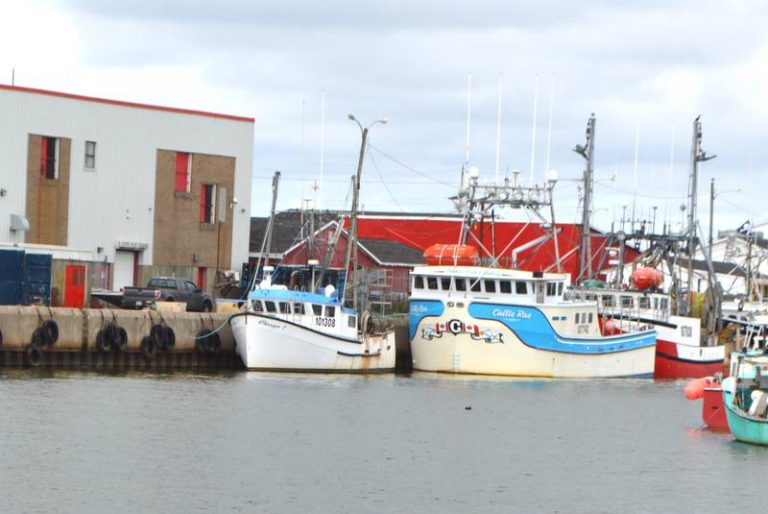



“This includes the Administration’s work to secure historic and enforceable environmental provisions in the Trans-Pacific Partnership, a regional trade agreement that includes countries that together account for approximately one-quarter of global marine catch and global seafood exports.”
Only problem is the TPP will supersede any inspections or tariffs, making it all the smoother to import contaminated aquaculture garbage.
Choking regulations on our domestic “wild caught” fisheries causing product voids in the markets, which are then filled by “imports”, might just have something to do with the “flat-line” of ex-vessel fish prices while the costs of catching the fish steadily rise.
Now it is beginning to make sense why Oceana and Pew were so obsessed about IUU and mislabeled fish—it was to get behind this TPP boondoggle for their corporate “partners”!
http://www.prnewswire.com/news-releases/pew-praises-ratification-of-treaty-to-fight-illegal-fishing-worldwide-253828751.html
I couldn’t understand the obsession! Its making sense, thanks to your explanation, Dick.
Yes their concern for the fish consuming public always seemed a bit disingenuous and out of character for such anti-fishing campaigners as Oceana and Pew.
Not to mention an administration that has followed in lock step, opening the doors for these anti fishing groups.
Always beware of wolves in sheep’s clothing. These disingenuous bastards will never change. Our only hope for true justice is through civil disobedience. ALL ELSE HAS FAILED.
PROVE ME WRONG!!!
Have you noticed that a recent report states that the US is the second largest importer of seafood, behind only the EU? Given our low consumption of seafood per capita, either this means that we can’t even catch enough to eat any longer; or that other countries that rely on protein rich seafood for much or most of the dietary needs, are able to catch enough to meet those needs.
Jim Kendall
NBSC